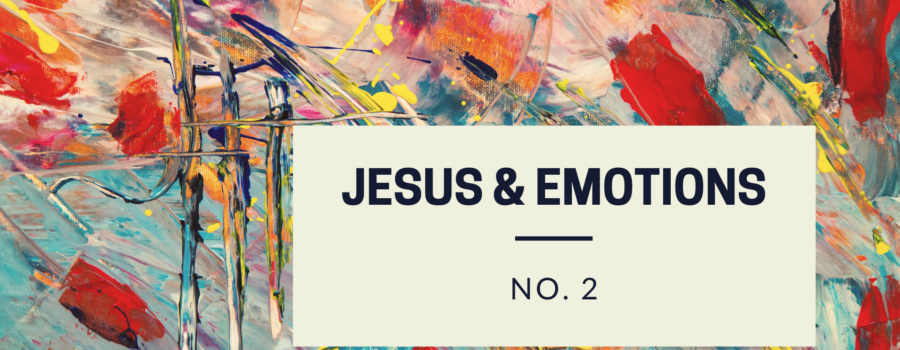In order to figure out what to do with how we feel we have to understand that our emotions are not the problem. We must recognize that we have been conditioned to fight how we feel. The real battle, however, is in our minds.
Emotions are not meant to rule us. But, they were never meant to be the enemy either. Simply put, emotions were made to enhance relationships and to illuminate the thoughts in our mind.
To help clarify this idea, think about your mailman.
Your emotions are like your mailman. Your mailman brings you messages. Some of this mail is important. Other pieces of mail are junk.
My oldest daughter is in elementary school, so getting a package in the mail is always exciting for her. The mail she receives is usually a happy from a grandparent, letting her know she is loved. In many ways these gifts tells her she is thought about, she is seen, she is valued. That’s good news and definitely a message I want my daughter to receive.
As adults, checking the mail has lost a little bit of its luster. Mostly because the messages we receive are less exciting. Bills pile up. Solicitation piles higher. Lots of information gets thrown at us, much of which immediately heads for the trash. But, we keep checking the mail because the useful, good information gets mixed with the junk that doesn’t matter.
Here’s the important point, the mailman keeps coming. He is not concerned with the letters in his hands as much as he is concerned with getting those letters to you.
So, what if the mailman just stopped coming? Or better yet, what if we got mad at the mailman for delivering so much junk?
That seems silly, right?
The mailman is just doing his job. You wouldn’t fight the mailman.
That’s how your emotions work. Your emotions carry the messages you really believe.
See, we can talk ourselves into saying the right thing. We can even tell others the right thing. But, we all know that saying and believing the right things are two different things. That’s why it’s helpful that our emotions don’t lie. Our emotions might be the result of a lie, but the specific emotions you feel aren’t lying. They are telling you what your minds is really thinking, even when what you actually say is completely different.
For instance, let’s say you’re in your local coffee shop and someone cuts in front of the line. Instantly you feel angry. That anger is telling you something like “how rude!” “Who does he think he is?” “This is socially unacceptable.” Depending on how angry you feel determines how deeply those messages feel personal. More on emotional intensity in another post.
For now, let’s just focus on the idea that the anger in this scenario is neither good or bad. The anger is informing you of where your mind went. Now, it’s important to understand that your anger does not give you the right to sin. Ephesians clarifies this for us by saying, “in your anger do not sin (4:26).” So, it’s not the anger that is innately wrong, it’s usually the action that follows that gets you in trouble.
Let me say that again, it’s not the anger that is wrong. I know, that’s not what we have experienced or heard growing up. For more information about Jesus and anger, check out Kerrah’s blog here. For now, just remember the anger is bringing you a message. It is this message that we need to decide what to do with, especially when this message is a lie.
Because this is where the significant battles lay – identifying and challenging lies that we really believe.
Scripture supports this idea well.
2 Corinthians 10 tells us that we do not war as the world wars. Instead, “we demolish arguments and every pretension that sets itself up against the knowledge of God, and we take captive every thought to make it obedient to Christ (v.5).”
And, even the much quoted “do not be anxious about anything” is followed by “finally brothers, whatever is true, . . . noble, . . . right, . . . pure, . . . lovely, . . . admirable . . . think about such things (Philippians 4:8).”






Recent Comments